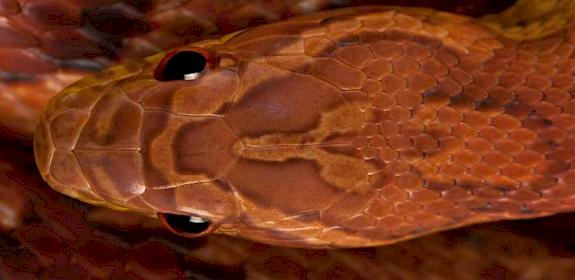Freshwater turtles and a tortoise receive improved trade protection measures under UN agreement
Bangkok, Thailand, 11th March 2013—Governments worldwide voted last week to improve the measures protecting more than 30 freshwater turtles and a tortoise from overharvesting for the international pet and meat trades.

Eleven proposals—some covering multiple species—calling for enhanced international protection for the species were put to delegates at the Convention on International Trade in Endangered Species of Wild Fauna and Flora (CITES) meeting currently underway in Bangkok.
Most received full support, highlighting the overall agreement about the seriousness of the threat from unregulated international trade to this species group and the need for stricter control measures and international co-operation in implementing them.
Several proposals came from countries in Asia. In March 2011, a meeting of 70 freshwater turtle and tortoise experts concluded a staggering 80% of Asia’s 86 such species were at risk of global extinction. They included Red-necked Pond Turtle; biologists in southern China have not located wild animals for several years.
“TRAFFIC welcomes the acceptance of many threatened reptile species, especially those from Asia, into CITES,” said Dr Chris R Shepherd, Deputy Director for TRAFFIC in South-East Asia.
“The move signals a significant step for global reptile conservation efforts, but needs to be backed up through effective implementation of the trade regulation measures.”
Some of the proposals called for particular species to be included in Appendix I, the highest level of protection available under the Convention.
However, a proposal to move the Roti Island Snake-necked Turtle, a rare, recently described species threatened by excessive overharvesting for the international pet trade, from Appendix II (some trade permitted) to Appendix I (no trade permitted) was rejected, after Indonesia, the range State, assured delegates the conservation threats were being addressed through a conservation programme.
The Burmese Star Tortoise was the only tortoise discussed at the Convention meeting. Considered by IUCN to be Critically Endangered, the species was successfully moved from Appendix II to Appendix I. Efforts to breed the Burmese Star Tortoise for reintroduction to the wild are currently underway.
“The inclusion in Appendix I of the Burmese Star Tortoise throws this very rare species an important lifeline to recovery,” said Shepherd.




